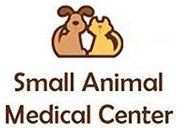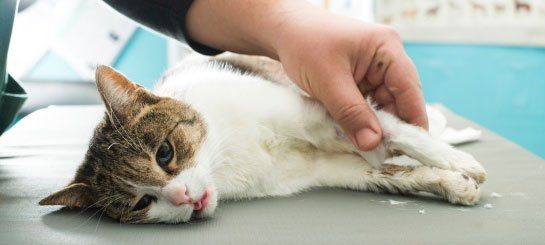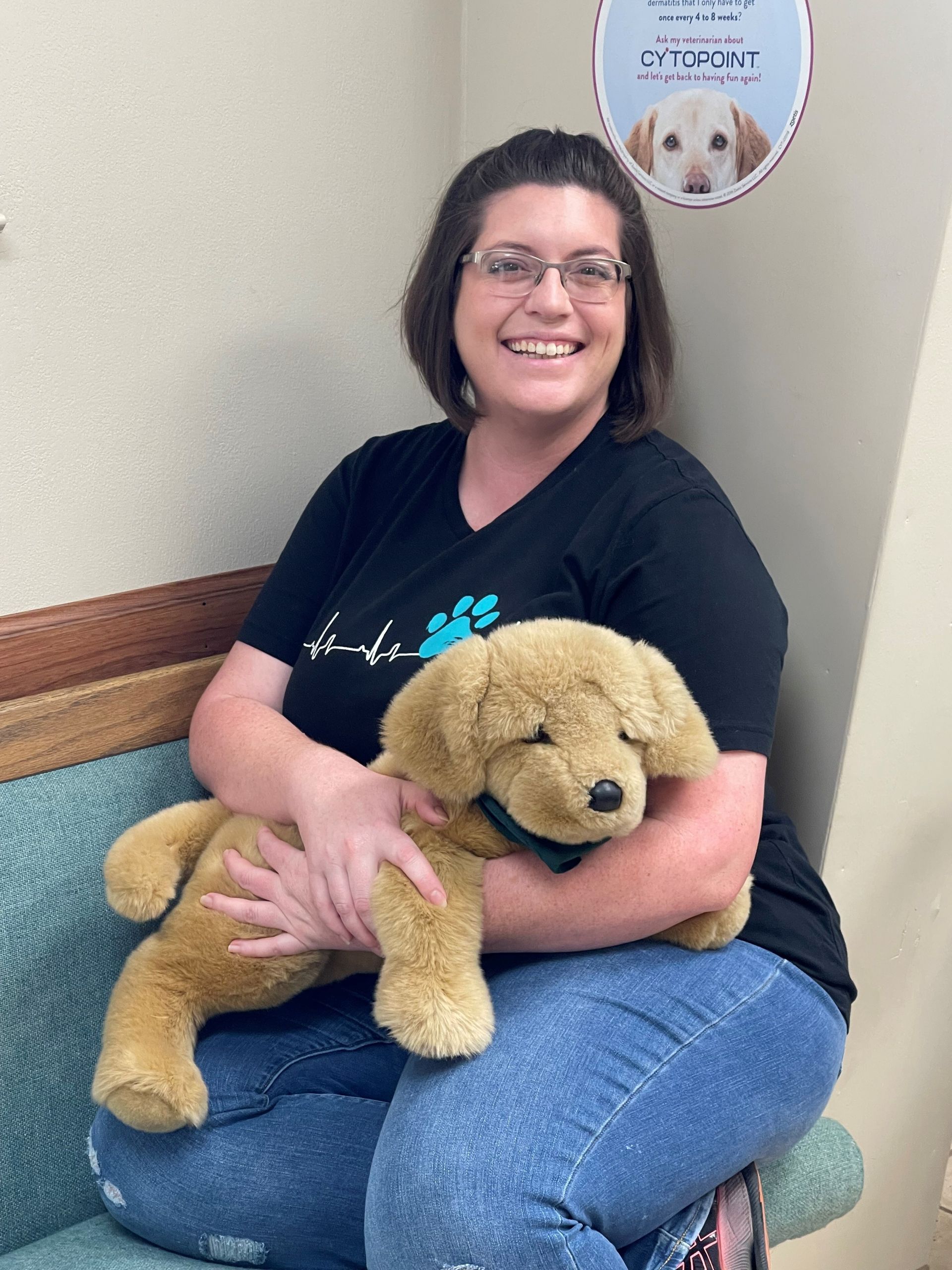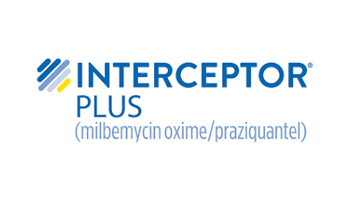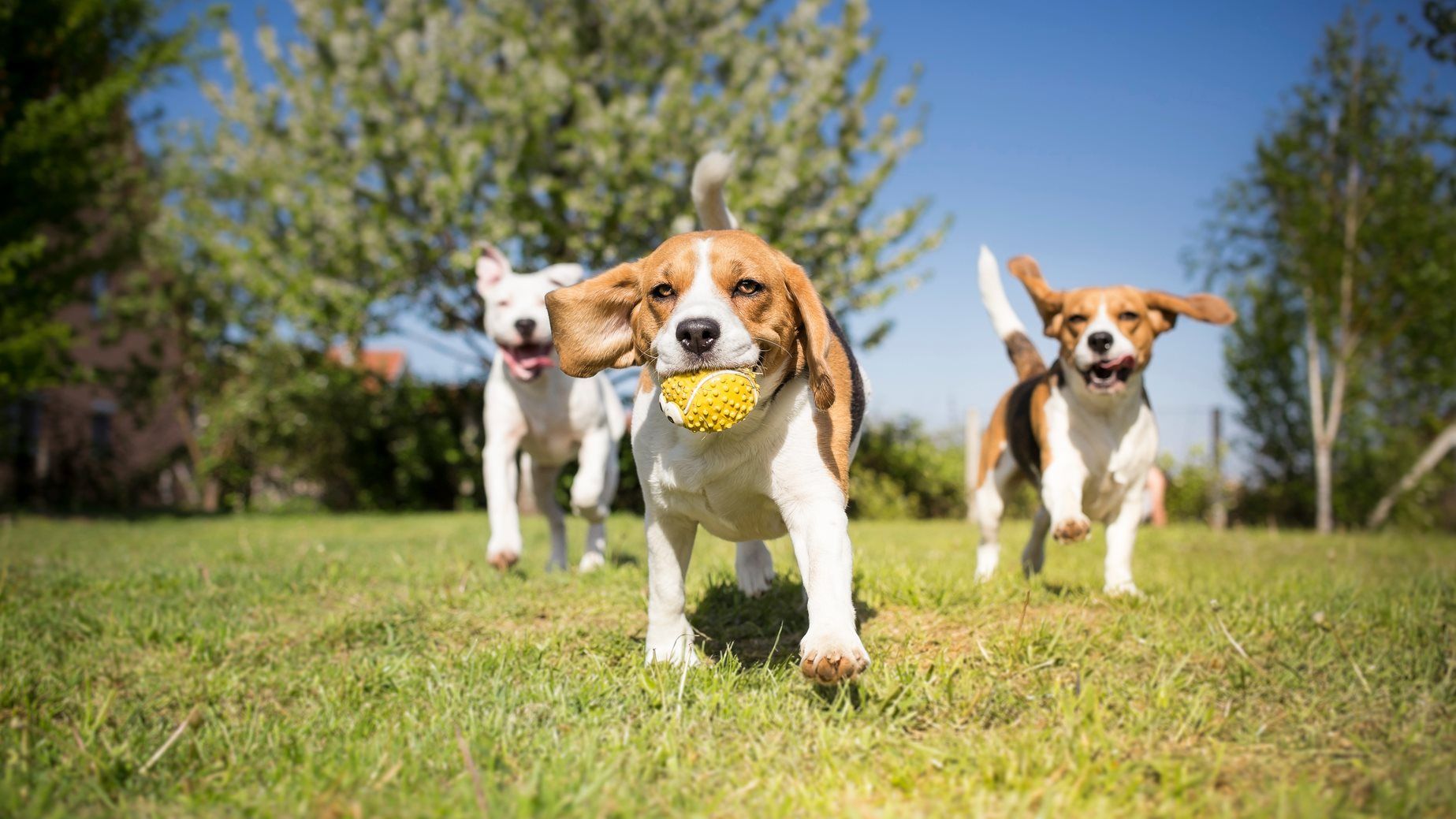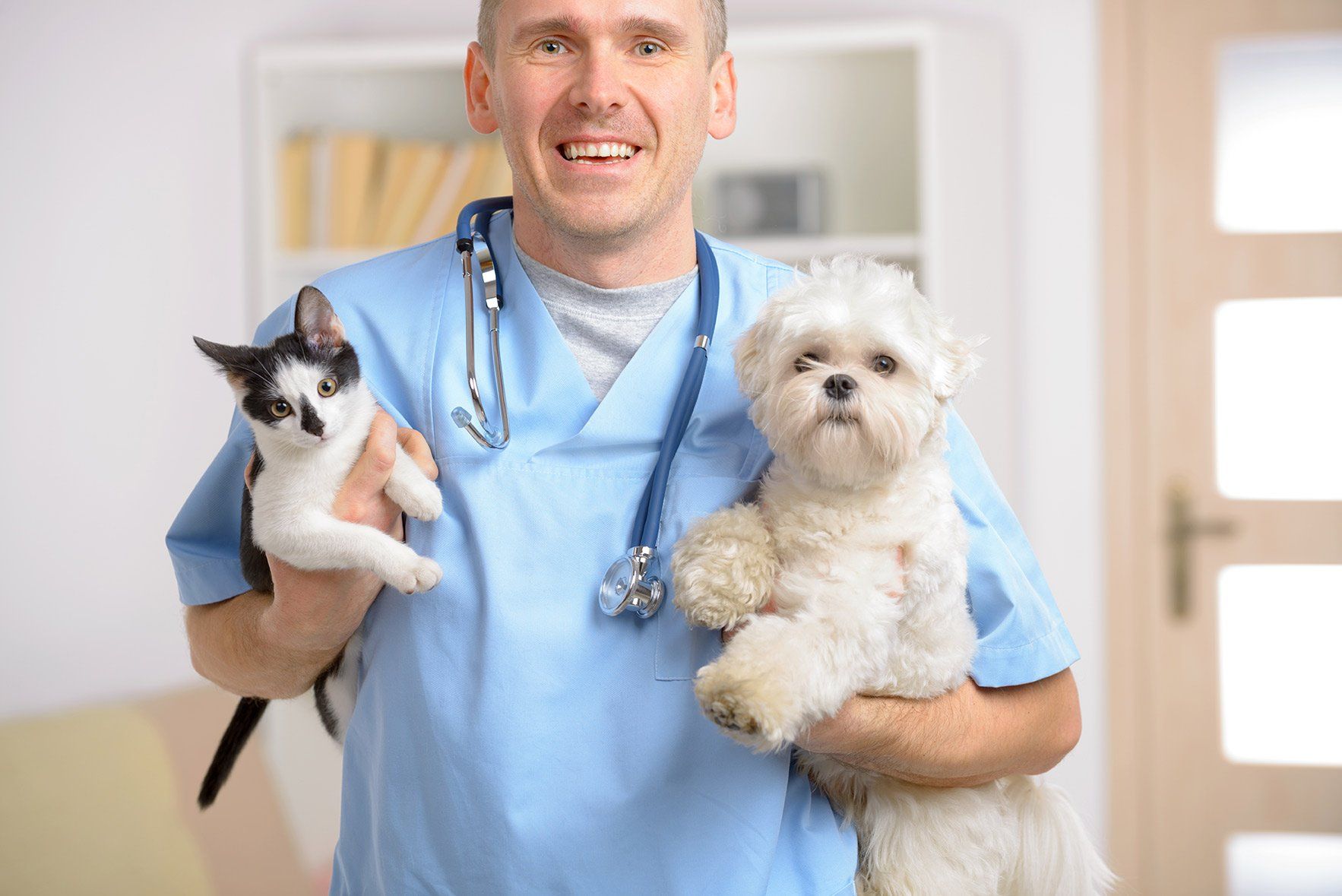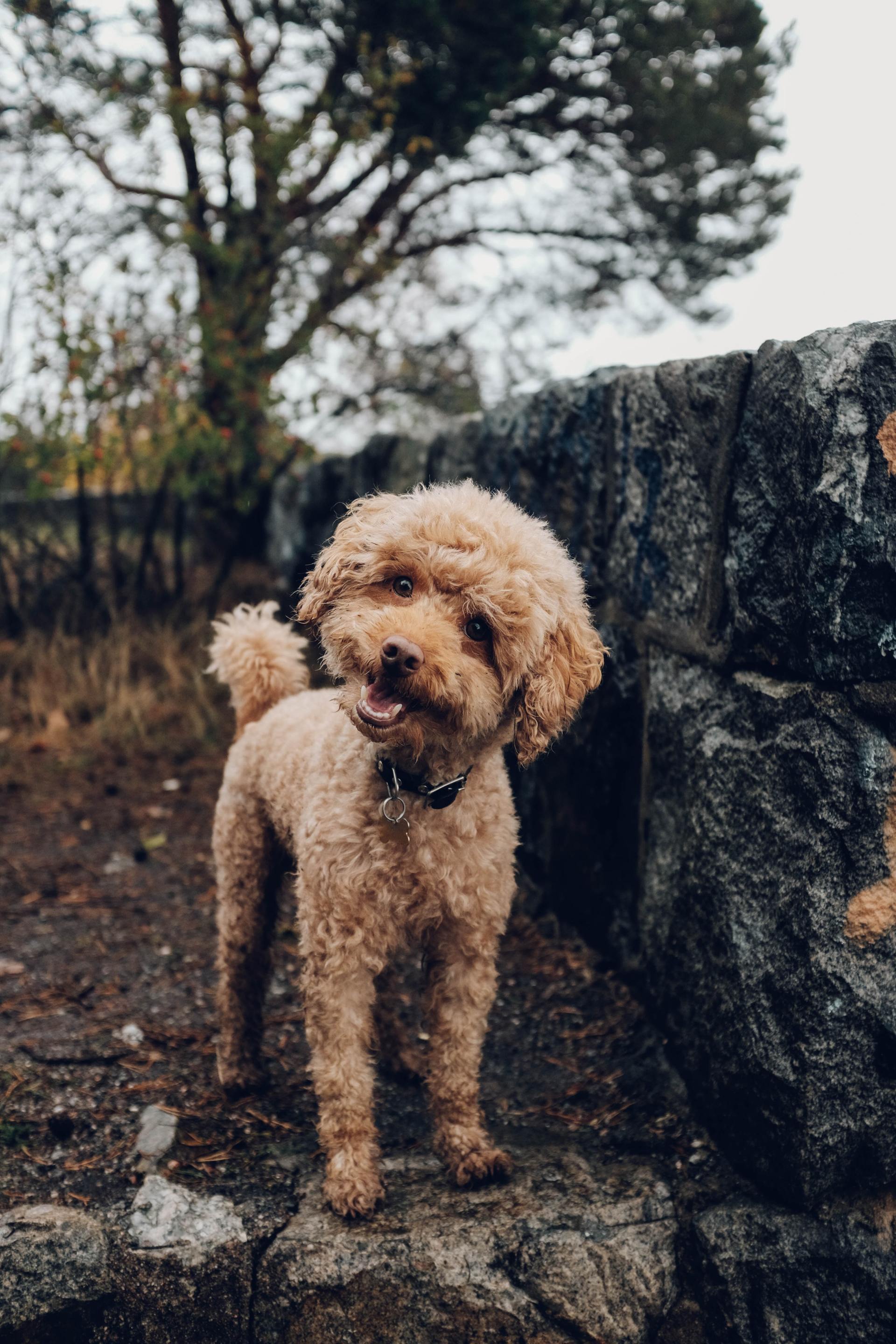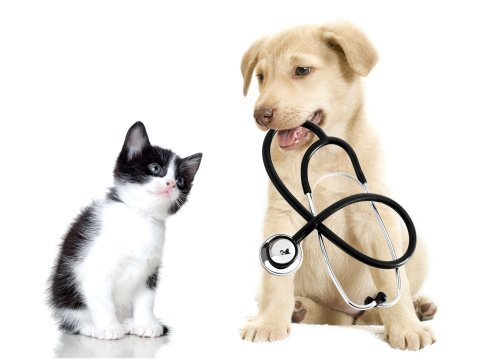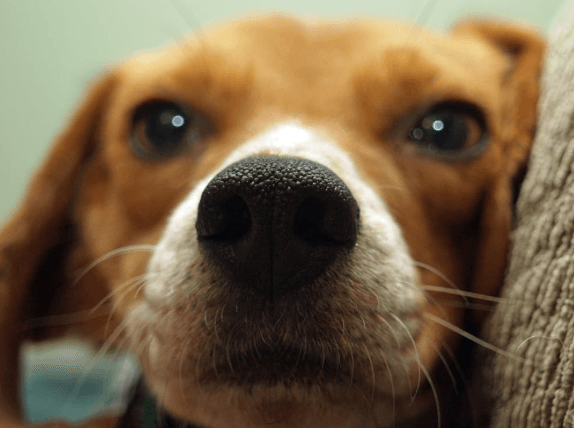Pet Dentistry: At-Home Care Tips
Why Pet Dentistry Matters
Your pet's oral health is more important than you might think. Just like humans, pets can suffer from gum disease, bad breath, tooth decay, and other dental issues. Poor oral hygiene doesn't just cause discomfort for your pet; it can also lead to serious health problems, such as heart disease and infections. While professional dental care from your veterinarian is essential, at-home care plays a critical role in keeping your pet’s teeth and gums healthy.
If you are trying to care for your pet's teeth at home, there are a few important tips to keep in mind. From proper brushing techniques to diet considerations, learn how to maintain your furry friend’s oral health and prevent dental problems before they start.
At-Home Care Tips for Your Pet's Dental Health
1. Get Comfortable with Brushing
Brushing your pet's teeth regularly is the foundation of good oral health. Though it might seem challenging at first, with patience and the right tools, it can become a routine that both you and your pet can manage.
How to Brush Your Pet’s Teeth
- Start Slowly: Don’t expect your pet to cooperate right away. Begin by getting them comfortable with you handling their mouth.
- Choose Pet-Specific Products: Always use toothpaste formulated for pets. Human toothpaste contains harmful ingredients like fluoride and xylitol that are toxic to pets. Pet toothpaste comes in flavors like chicken or peanut butter, making it more appealing.
- Use the Right Brush: You can use a soft-bristled toothbrush designed for pets, or a finger brush for better control.
- Go Gently: Brush in small, circular motions, focusing on the gum line and back teeth where plaque tends to build up. Aim for 30–60 seconds per session.
- Reward Your Pet: Positive reinforcement with treats or praise can help your pet associate brushing with a pleasant experience.
2. Provide Dental-Friendly Chews and Toys
Dental chews and toys are excellent tools for reducing plaque and tartar buildup. Look for products with the Veterinary Oral Health Council (VOHC) seal, which certifies that they meet specific standards for improving pet oral health.
These products provide a mechanical cleaning action as your pet gnaws on them, helping to scrape off plaque. They’re also a great way to keep your pet entertained while simultaneously enhancing their dental hygiene.
3. Offer a Dental-Friendly Diet
What your pet eats matters. Crunchy kibble is generally better for maintaining clean teeth than soft or canned food, which tends to stick to teeth and promote plaque buildup. There are even special dental diets available that are formulated to clean as your pet chews.
Adding water additives, oral sprays, or dental powders to your pet’s daily routine can also help fight bacteria and freshen their breath. Always consult with your veterinarian before making any major changes to their diet or using new products.
4. Be on the Lookout for Signs of Dental Issues
Your pet can’t tell you when they have a toothache or gum irritation, so it’s essential to watch for signs of dental problems. Common indicators include:
- Bad breath (halitosis)
- Inflamed, red, or bleeding gums
- Difficulty eating or chewing
- Discolored or loose teeth
- Excessive drooling
- Swelling around the mouth or face
If you notice these symptoms, contact your vet immediately for an assessment. The sooner dental issues are addressed, the easier they are to treat.
5. Use Dental Wipes and Rinses for Added Support
If brushing isn’t an option for your pet, dental wipes can be a helpful alternative. They’re easy to use and effective in removing surface plaque. Antibacterial dental rinses are another great option for freshening breath and promoting a cleaner mouth.
While these are not substitutes for teeth brushing, they can complement your at-home care routine and make a difference in your pet’s oral hygiene.
6. Routine Professional Dental Cleanings
Despite your best efforts at home, professional dental cleanings are essential for your pet’s oral health. Veterinarians have the tools and expertise to remove tartar and plaque from areas you can’t reach. They can also assess the overall health of your pet’s teeth and gums, identifying and treating problems early before they become more severe.
Plan for annual dental check-ups and cleanings for most pets, though some may require more frequent visits depending on their age, breed, and oral health history.
Keeping At-Home Dental Care Manageable
Making at-home dental care a consistent part of your routine is the key to success. Try scheduling brushing sessions around the same time each day, like after dinner or before bedtime, to create a habit. Start slow, and be patient with your pet as they adapt to the process. Remember that even small efforts can make a big difference. Incorporating dental-friendly treats, toys, and diets, alongside regular professional care, will help keep your pet’s mouth healthy and pain-free.
If pet dentistry is too difficult for you to handle at home, you can turn to Small Animal Medical Center for help. Located in Brownwood, TX, we provide pet dentistry services to ensure your pet has clean, healthy teeth. Our teeth brushing expertise helps prevent plaque buildup and gum disease. You can also turn to us for the helpful advice you need if you're trying to handle pet dentistry at home. Give Small Animal Medical Center a call today!
